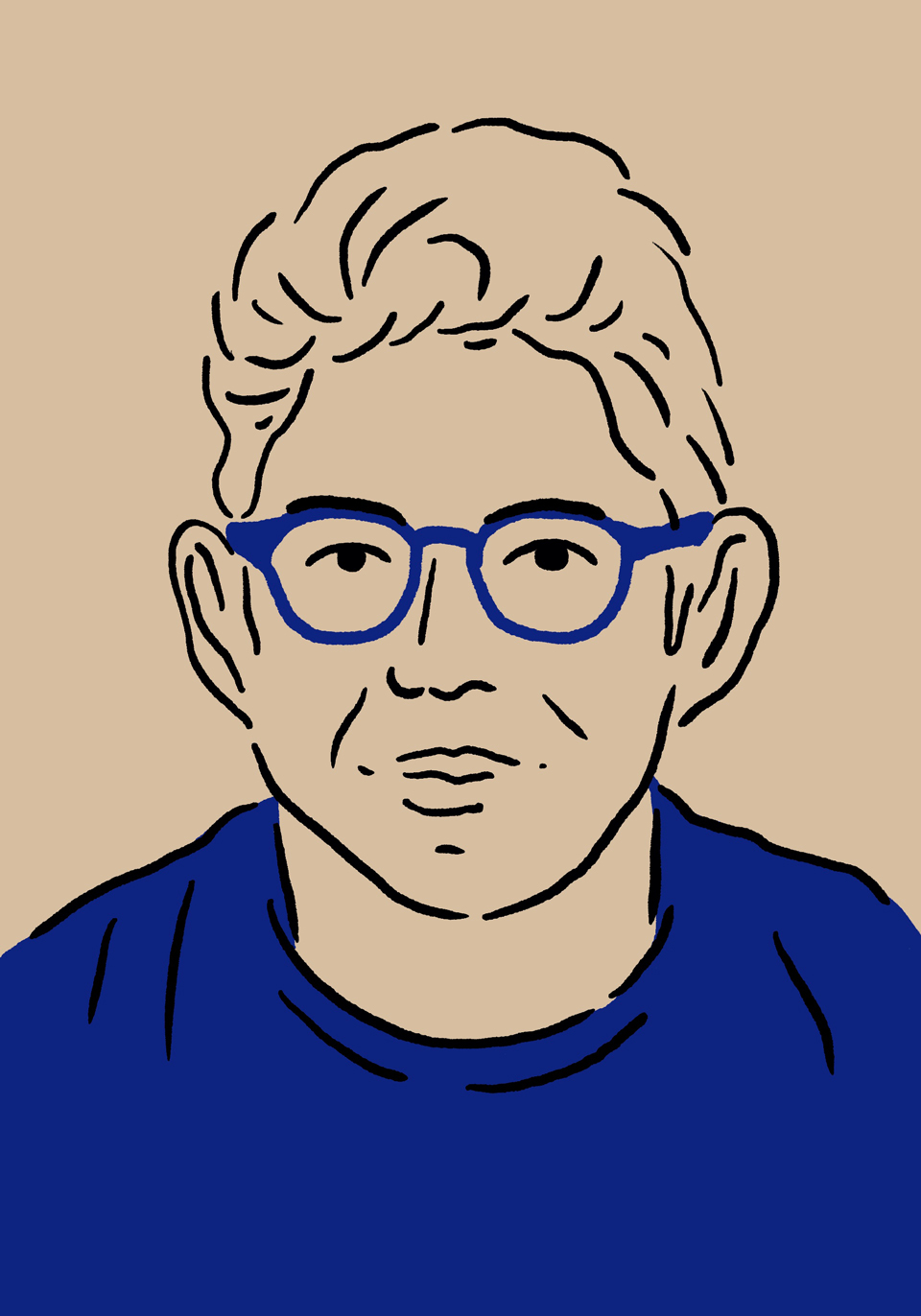Environmental individualism
About ten years ago I was on a flight leaving a conference. Sitting next to me was a man I’d seen at the event. We introduced ourselves. I learned he was a scientist focused on the environment.
“What can I do to help the environment?” I asked him. “What do I change? Should I go vegan? Something else?”
“There’s not much you or I can individually do,” he told me. “It’s bigger than us.”
He paused, then leaned in.
“Think of this as the last party before everything changes.”
I looked at him wide-eyed. The words “last party” hung in the air. He went on to explain that the coming impact of climate change — which he thought was unlikely to be reversed — would be so significant our current way of life would soon disappear forever.
Those words echo in my mind each day as I read headlines about all the new, bad weather records being set around the world. If this is the last party, it’s starting to feel like last call.

A recent climate change protest in Cologne, Germany. The protestors are standing on blocks of ice.
I appreciated my flight companion’s candor. But being told there was nothing I could do was hard to hear. We’re just supposed to wait for this thing to destroy us? How can that be? But at the time he was largely right. We could conserve and limit our energy footprint, but in terms of proactive things to balance what had already been done, it didn’t seem like there was much the average person could do.
This may be changing, however. Earlier this week I came across a company called Wren that promises to help a person become carbon neutral.

Wren calculates your personal carbon footprint using a short survey, then proposes a monthly payment to a carbon-offsetting project of your choice (like planting trees, protecting rainforests, or preventing deforestation) to balance your personal carbon usage.

What my carbon footprint looks like. Notice the box with the text “29 months.”
Seeing my own carbon footprint got to me. I learned I’m four times the global average, and 55% of my carbon footprint comes from the 14 flights I said I’d take this year (which probably undercounts it). If everyone in the world lived like me we’d already be doomed. This was not an easy mirror to look in.
Through Wren I agreed to pay $40 a month in support of tree planting and protection projects that will offset my footprint. This makes me (theoretically at least) personally carbon neutral. According to Stanford researchers, carbon offsets produce significant environmental benefits by doing things like paying people to preserve forests rather than chop them down. These offsets align economic and environmental values, and are effective as a result.
Whether offsets can make carbon-heavy lifestyles like mine, yours, and a growing number of people’s truly sustainable isn’t as clear. That seems unlikely without significant changes in behavior and technology.
A cynic might say a project like Wren is just a values-signaling cover to help people sleep better without actually changing their behavior. There’s some truth to that. But these projects don’t need to fix everything to be valuable. They just need to help slow the catastrophic shifts brought about by climate change, and make more time for good ideas — and trees — to grow.
Earthquakes
Last week Los Angeles was struck by two significant earthquakes. I didn’t feel the first but definitely felt the second, larger one (7.1 on the Richter).
It started just as our child was getting out of the bath. My wife and I huddled with him in the bathroom doorframe as the house rocked back and forth. It lasted so long my wife and I locked eyes three separate times, wordlessly wondering, “How effing long is this going to last???” while trying not to alarm our child. (Who, when it finally finished, asked: “That was just a small one, right?”)
Afterwards I went into survivalist mode. During last year’s wildfires we’d packed a go-bag in a similarly panicked spirit and I started doing it again. I grabbed our electronics, notebooks, food, water, and every charger I could find and stuffed them into my bag. One more tremor and open road here we came. Or, closer to reality, one tremor and four hours of traffic to nowhere here we came.
Thankfully the Big One stayed away and things went back to normal. Except the other day I looked for a pen in my backpack and discovered gas masks, batteries, a flashlight, and a dozen bags of protein-rich oatmeal raisin cookie bites instead.
I laughed at myself. It seemed absurd that just a week before I’d anxiously shoved these things in. But then I remembered those moments in the doorframe when it felt like we were seconds away from hearing a snap, crack, and the rush of gravity and concrete around us. Anything seemed possible. Until, suddenly and mercifully, the shaking stopped.
The go-bag stays by the door now.

Discussion